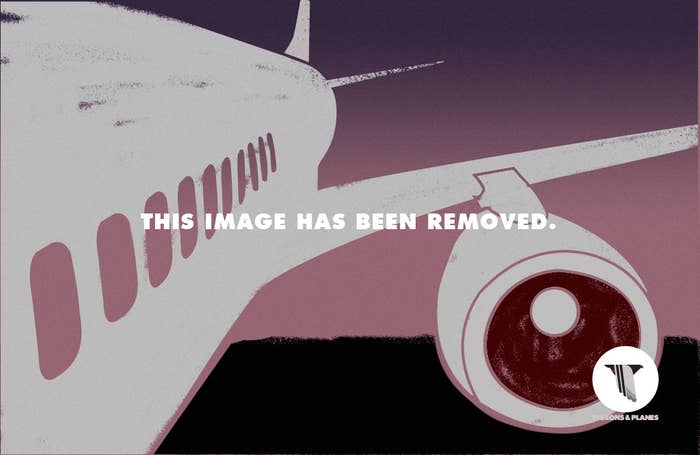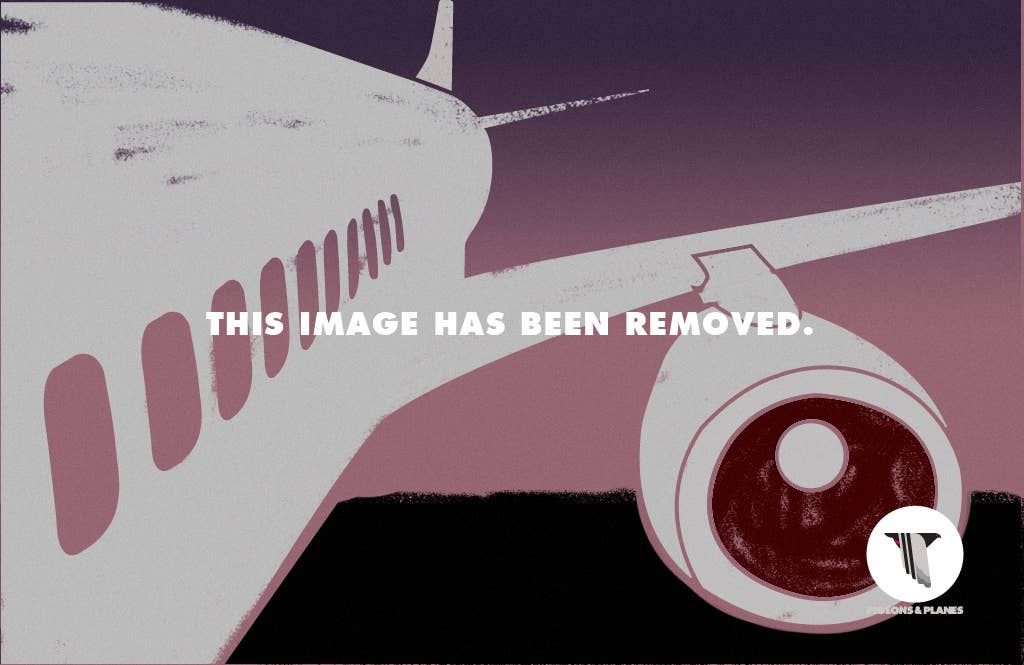1.

As a music lover, my identity is split between being a fan and being a consumer. Defining my “fan” side is easy: I’m a fanatic, a supporter, someone who has felt his outlook on life change because of a few notes, or the intonation of a lyric. As a fan, I love the art of music, and nothing else matters. My “consumer” side is more murky, tied to the idea of owning or buying music, of somehow making the economic calculation of which song or concert is worth devouring.
If emerging artists can no longer count on labels to market their ‘product,’ where does that leave us? Does it mean all artists need to become entrepreneurs or perish, and all bands morph into startup companies?
Since Napster broke the music industry open over a decade ago, technology has allowed us all to be fans for free, to experience art without paying the price. One of the most pressing questions facing the music industry is how to convert fans into consumers, how to repackage music in a way that will force people to buy it (or sit through advertisements). And with the historical position of record labels in flux, this question has become increasingly left up to the artist. If emerging artists can no longer count on labels to market their “product,” where does that leave us? Does it mean all artists need to become entrepreneurs or perish, and all bands morph into startup companies?
“Yes,” is the short answer behind the mission of Zoo Labs, a Bay Area nonprofit that combines the idea of a tech incubator and an artist residency. Their goal is an admirable one, to not just give artists a space to record, but also, says co-founder Vinitha Watson, to give them “strategic business and design classes to be able to propel their product forward.” That word, “product,” appears repeatedly in a recent East Bay Express article about Zoo Labs, and is central to the two-week program. The message is that musicians must learn to treat music as a product or else they won’t succeed. Damien Lewis, a Grammy-nominated producer who has helped with the program, describes it this way to reporter Sam Levin: “In the past, you were expected to practice your instrument, write great songs and play gigs,” but now, “the bands that are successful, it’s usually because one or several of them are very business-savvy.” The directive is clear: you must build your own brand, you must be your own hype man. No one is going to do it for you.
In this new world of music, in this “Wild West” as one of the Zoo Labs co-founders puts it, do we lose anything? If this future means teaching musicians a few basic business skills, it doesn’t seem so dire. But if bands are to be fundamentally conceived of as “entrepreneurial music-making teams,” as Zoo Labs describes its target applicants, we risk losing those with no talent for business-world disruption or marketing. We risk missing out on some of the weirdos, not the self-promotional geniuses like Riff Raff, but the Young Thugs of the world.
Two years ago, well before Young Thug began to break into the quasi-mainstream, he gave a Reddit AMA in which he spoke briefly about music piracy: “At this point, I’m just happy my music is getting out. My management hate that shit though and now that music is the product they see piracy as money out of our pockets. I focus on music, I let them stress legalities and royalties.” There’s that word again, “product,” but here you see Young Thug distancing himself from it, letting his management deal with it. For him, the focus is on making music.
Maybe if Young Thug had been forced to, he could have gone at it alone, could have developed his skills in entrepreneurship and long-term business strategy, could have clawed his way to the top with business acumen. But there’s a chance his art would have suffered for the same reason countless artists have been creatively sapped by the claustrophobia of an office job, and we would have been left with a Young Thug who was less bizarre, more calculated. And who wants that?
Record labels have long been portrayed as evil empires sucking the lifeblood out of struggling artists, and many fans and artists have welcomed the decline in label power as a positive change for the music industry.
The disruption the internet has inflicted on the music industry has brought freedom, there can be no denying that. It has weakened the power of labels and given some artists, signed and unsigned, an incredible amount of leverage. Experiments like the recent Deadmau5 Live, which gives fans an all-access Deadmau5 experience for $4.99/month, suggest a future where labels and even intermediaries like iTunes could potentially be bypassed altogether. Record labels have long been portrayed as evil empires sucking the lifeblood out of struggling artists, and many fans and artists have welcomed the decline in label power as a positive change for the music industry. Maybe it is.
The problem is that in a future where labels play a much less pivotal role, the task of developing a business model to promote and sell music falls to artists and their management teams. And if there’s no manager in the picture, the artist has to build that strategy his or herself. “It’s not just about how hard we rock,” Zoo Labs alum Eric Robertson tells the San Francisco Chronicle. “It’s about creating an experience. How do different people experience ‘The Boston Boys’ [his band] as a brand?” “We’re re-examining our whole model,” adds his bandmate Nick Falk. Molding new and innovative ways to sell music is a hefty burden for any band to carry, especially at a time when the industry is in such turmoil. But perhaps they have no choice.
I don’t like watching musicians become salesmen.
The hard truth is that it’s my fault. It sounds sleazy or tawdry to me when I hear artists talk about enhancing their “product.” I need a slimy label executive to talk like that so I can sneer and look down my nose at him, maybe call him a “fucking suit” for good measure. I don’t like seeing the wheels turning in my favorite artist’s head about how to make me a more engaged consumer, and I don’t like watching musicians become salesmen. And yet I know the reason they have to is because we’ve all become such cagey customers, because we’ve decoupled the “fan” and “consumer” parts of our identities to such a degree that we no longer adequately support many of the artists we enjoy. They can get us to love them, but they can’t get us to buy albums, so they have to innovate.
What Zoo Labs is attempting to provide for musicians is a path to “sustainability” in the most logical way they can think of—by making the band a startup business, and by making the artist an entrepreneur. It’s up to us to decide whether that’s the future we want.

